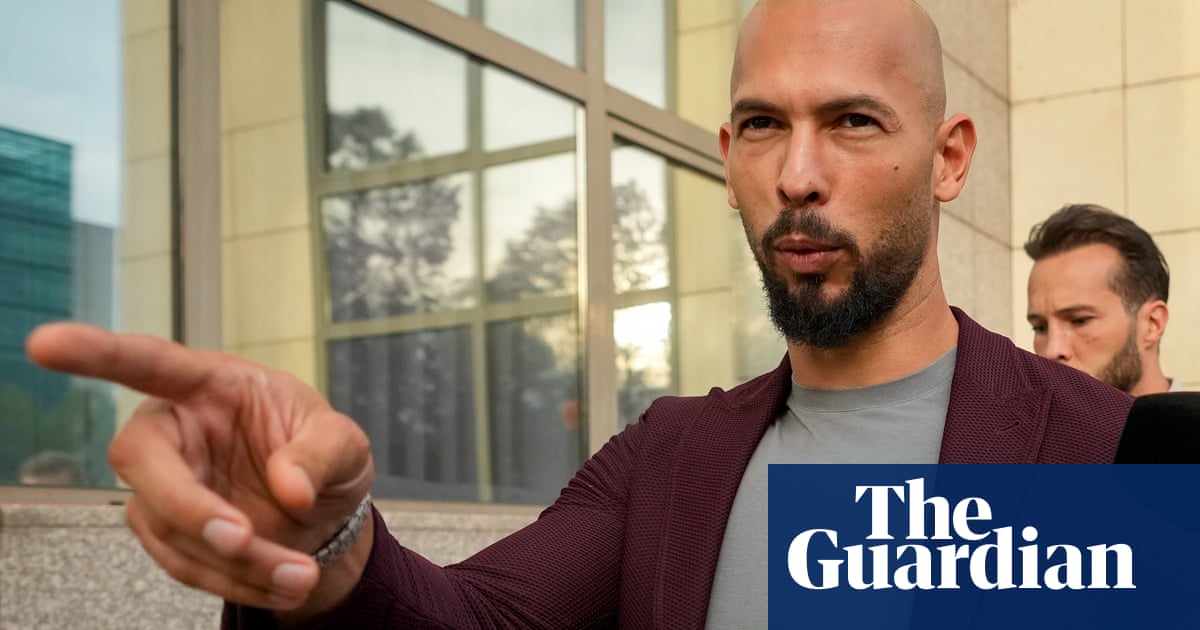Ultimately, I believe this is a direct result of the capitalist capture of feminist aesthetics into the sort of shallow “pop-feminism” that rose to prominence over the past couple of decades. For young men who’ve only ever seen this hyper-sanitized business driven take on feminism (one that notably does not make room for them), it’s easy for them to see it as an extension of the broader trends that leave them disenfranchised.
This is why manosphere influencers are able to amass such a large following seemingly overnight, and why they seem to have such success in accelerating this trend. A lot of young men simply do not have any experience with the broader feminist tradition.
I feel like often when even good ideas reach mainstream, they become corrupted by people who only understand and therefore care about the form rather than the underlying concepts.
I wonder how much of this is rebellion. Boomers would have grown up in a world where overt sexism was acceptable. They differentiated themselves from their parents by being progressive.
Fifty years later, their grandkids are in a world where it’s much harder to get away with sexist behaviour/talk. Now the situation is reversed: kids can differentiate themselves from their parents by being sexist edgelords.
I’m not saying that accounts for all, or even most, of these regressive attitudes. But it’s probably a factor for some.
I think the modern wave of feminism makes worse job of integrating men and explaning why patriarchal systems negatively affect them as well. But conservatives also became better at using modern media to get to young target audience.
modern wave of feminism
I think it’s worthwhile here to distinguish between fourth wave feminism and pop feminism as it’s practiced by corporations and celebrities. Fourth wave feminism absolutely makes space for men in the movement, and the ideas of intersectionality are incredibly useful in untangling the male struggle. Corporate feminism pays lip service to these ideas, but is ultimately shallow and soulless. Unfortunately, corporate feminist aesthetics are far more prevalent in media and for men with heavily gendered social circles this may be the sum total of their exposure to the movement.
I wonder if this trend has any connection with the rise of dating apps? Dating apps tend to be overwhelming for women, so they don’t use them. Men are often unsuccessful on them. It ends up hurting the self worth of a lot of users. And men who feel like they aren’t getting seen are exploited for premium subscriptions. If men are looking for an explanation or advice to the dating world, someone like Tate could be very appealing.
The only way that i (Gen z ) think that some Feminist are harmful is when they attack people who are trans aka are terf’s




